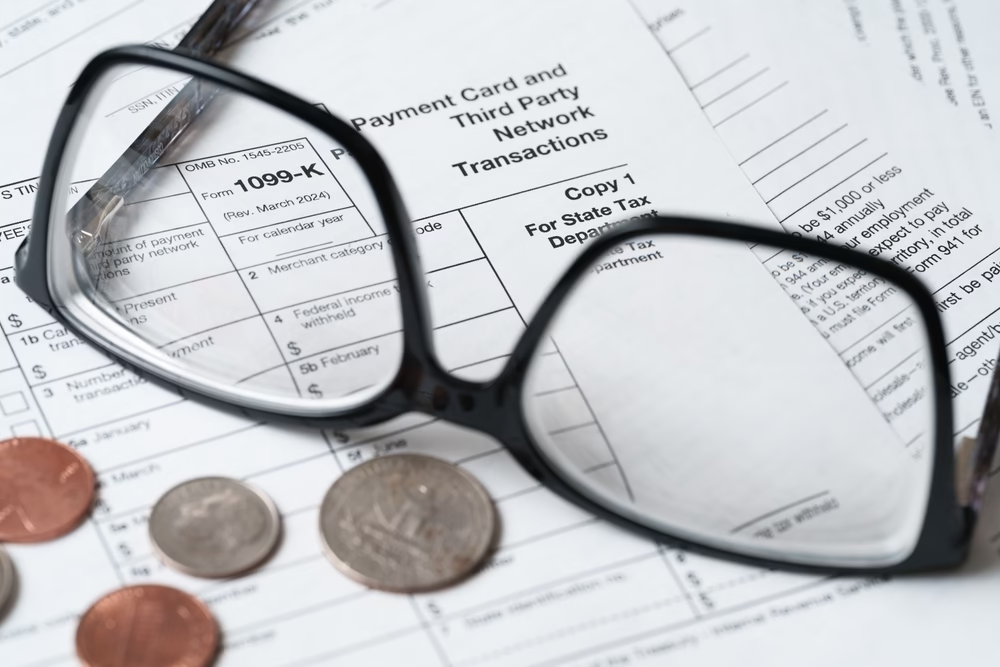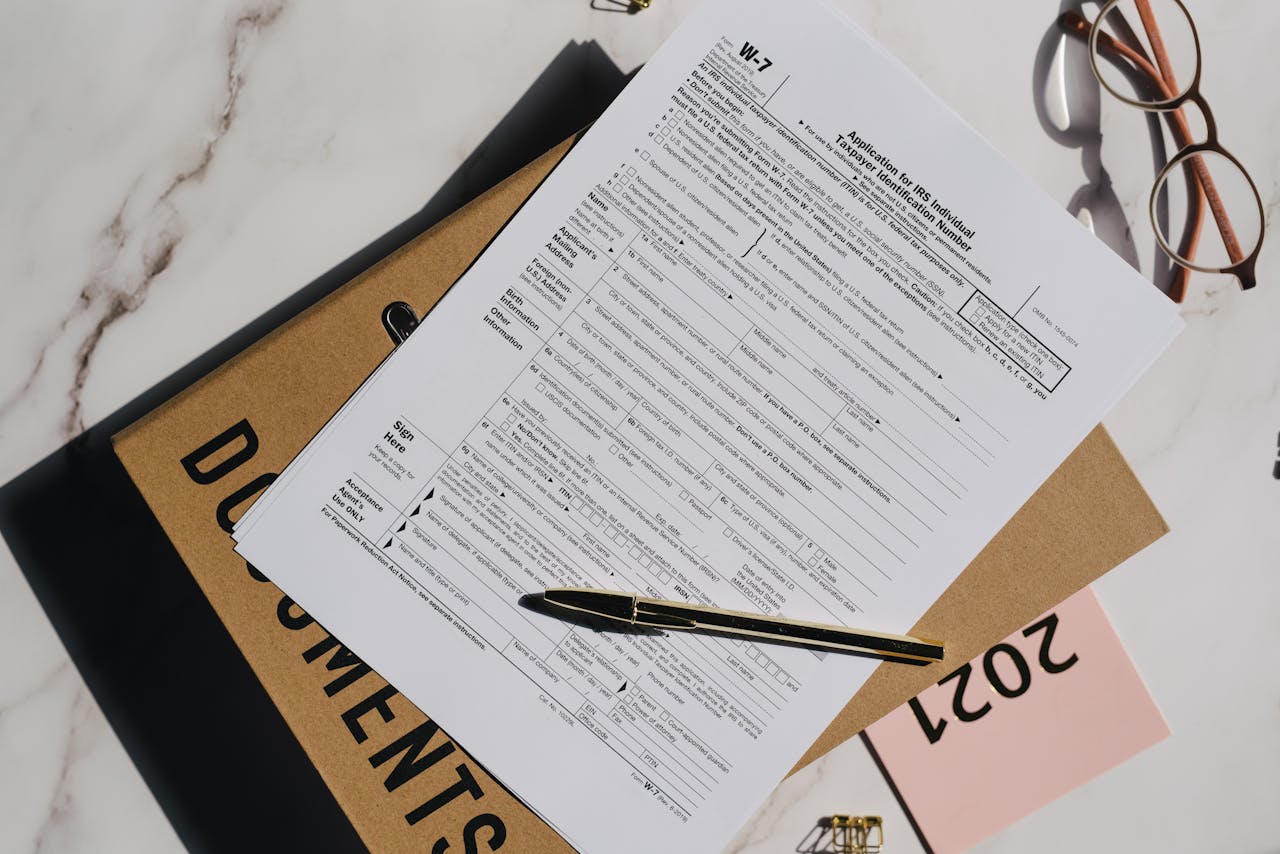A lot of folks are surprised to receive a 1099-K form this year, but don’t worry—it doesn’t automatically mean you’ll pay more in taxes. Let’s dive in and learn more about what this form is all about!
What Is a 1099-K?
The 1099-K pertains to transactions involving Payment Cards and Third Party Network Payments. Essentially, if you utilized a payment processor such as PayPal, Venmo, or several others and received over a specific dollar threshold in payments ($5,000 in 2024), they are obligated to issue this form to you. However, whether those funds are taxable is a separate matter altogether.
Do I Owe Tax On This?
If you’re an individual, you may or may not owe tax. If you sent a friend or family money, and it wasn’t in exchange for goods or services, you probably shouldn’t have gotten the form. You’ll still report it on your taxes, but there’s a spot to indicate the amount that was reported in error, which will negate the tax owed.
Another common example is selling concert or other event tickets. If you made money on selling the tickets (i.e. you bought it for $100 and sold for $200), you owe tax on the $100 of profit. Your 1099-K will show the total amount received – so you’ll need to know how much you spent so that can be offset. If you sold the tickets at a loss (i.e. you bought for $100 and sold for $50), you won’t owe tax – but that $50 will still be included.
If you’re running a business and receive a 1099-K, it’s likely money that you had already planned on paying tax on. You’re responsible for paying tax on all of your sales, minus your expenses – the 1099-K just confirms a portion (or all) of the sales amount.
Summary
To wrap things up, getting a 1099-K shouldn’t be something to fear. Just because you have one doesn’t automatically indicate that you’ll owe additional taxes — its main purpose is to ensure transparency. If you’re working with a tax professional, make sure to explain what the funds were for, as they can help you navigate the situation properly. Just remember not to overlook it—report it and provide an explanation; otherwise, the IRS may assume the entire amount is taxable!



